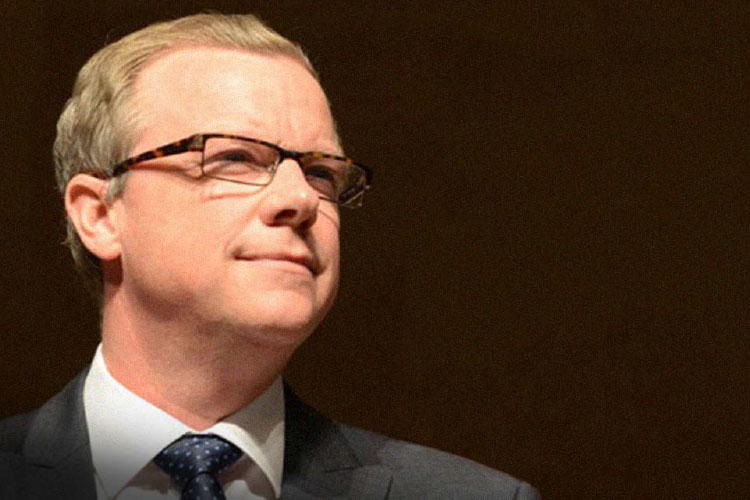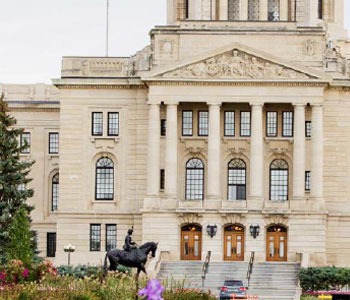The Canadian energy sector’s long, hard push through the recent extended market downturn will go down in industry lore.
When we talk about it here in Saskatchewan, one of the things we’ll surely remember is how tough and resilient our oil and gas businesses really are.
They are operated by some of the most innovative, determined and competitive people you will find anywhere; people who embody what Winston Churchill meant when he said, “If you’re going through hell—keep going.”
Our government has tried to support the energy sector during good times and bad. Our objective is to ensure that Saskatchewan can serve as a star to steer by as the industry works its way back to growth and prosperity.
In Saskatchewan, we are striving to be a place of stability for resource companies. In a 2016 global survey undertaken by the Fraser Institute, international petroleum industry executives and managers ranked Saskatchewan as the fourth most attractive jurisdiction for investment in the world, rising from seventh place, and the number one jurisdiction in Canada. But there is always more we can do.











